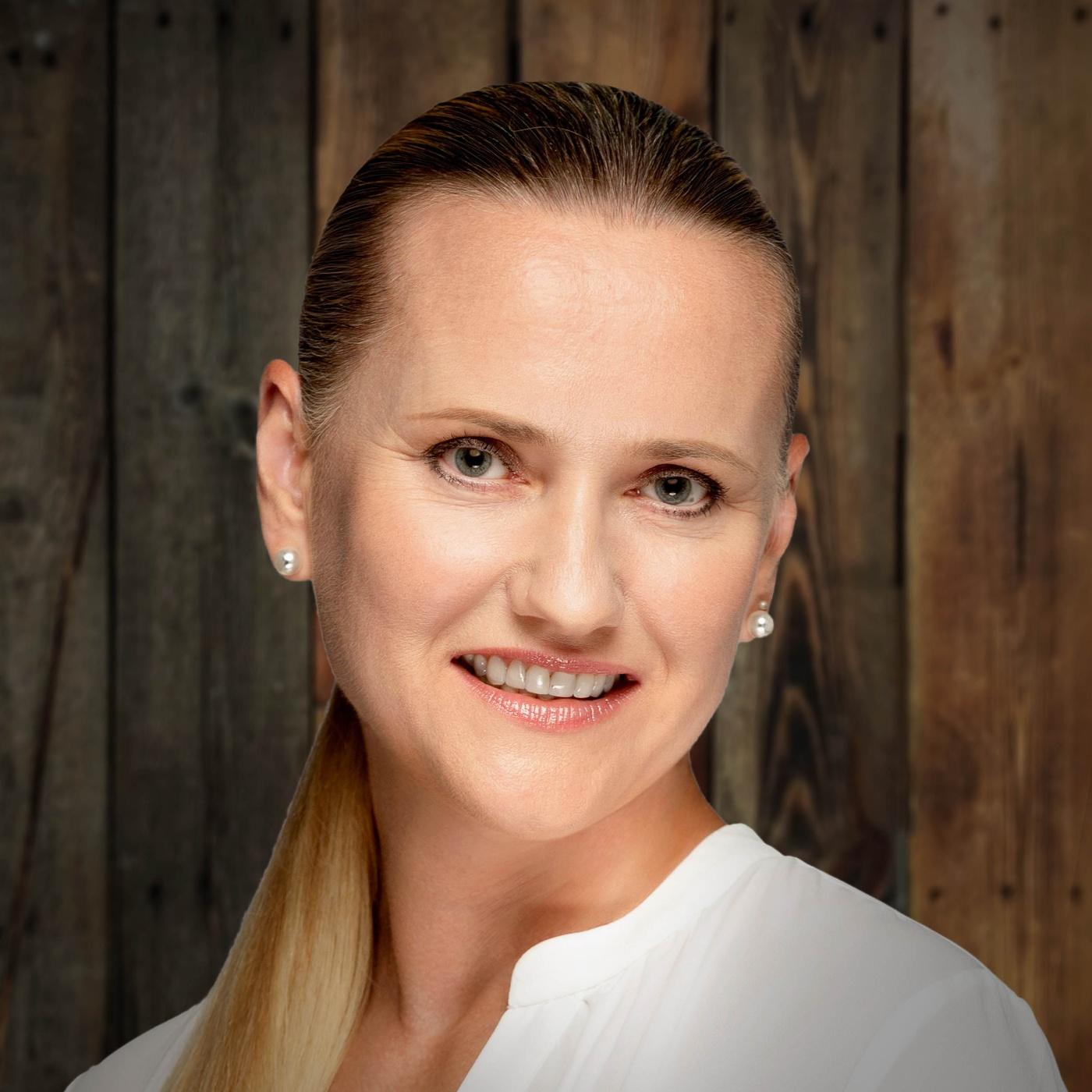
Departments
Traffic & Transport │ Climate, Environment & Sustainability
Together with its members, the VDA is focusing on a wide range of solutions to make mobility even more environmentally and climate friendly, and sees itself as an innovative driver of the development towards sustainable individual mobility.
About the Department
The German Automotive Industry acknowledges the Paris climate agreement and places reliance on innovation to advance mobility in a climate- and ecofriendly way.
Through this, the VDA puts in place aspects of the climate, environmental, traffic and transport policy. That includes e.g. alternative engines, concepts of circular economy, the reduction of carbon emissions, the efficient usage of the road network and the holistic contemplation of the value chain.
The German automotive industry focuses on designing a climate neutral traffic on European roads until 2050 the latest.
The area of expertise in climate together with relevant stakeholders, espouses for convenient framework conditions, which are needed for the attainment of the carbon reduction goals. This includes the ‘Fit for 55 package’ containing of emissions trading on a European level, the fleet regulations for automobiles and commercial vehicles as well as the climate action law-making on a national level.
For road traffic, the goal of climate neutrality will in large parts be happening via electric powertrains. Prerequisites for the transformation include the comprehensive setup of charging and fueling infrastructure for battery-driven and hydrogen-powered vehicles as well as affordable electricity rates and a precursory electricity grid expansion. In a futuristic energy system, the role of electric cars will focus on functioning as mobile power storages, which will contribute importantly to the integration of fluctuating renewable energy production.
For the German automotive industry, economic success is unthinkable without sustainable acting. Sustainability is implemented in corporate processes – from choosing raw materials to closing the product life cycle.
The VDA is working on ecological and social sustainability concepts, which are interlocked closely. The main topics of the area of expertise in environment & sustainability concern life cycle engineering, circular economy, end-of-life vehicle treatment, chemical law, environmental and energy management in production, reporting duty as well as duty of care along the supply chain.
With the Responsible Supply Chain Initiative (RSCI), the industry works collectively on standardizing duties of care. It aims at evaluating the sustainability performance along the supply chain. More details about the RSCI can be found here.
The automotive industry dialog consists of experts from members of the German Association of the Automotive Industry, who develop management approaches to conducting duties of care. More information can be found here.
The department coordinates the representation of the interests of the automotive industry in traffic policy. The focus is on advocacy for optimal framework conditions for sustainable transport. This includes campaigning for needs-based investment in the road network and optimal use of the network. Also central are efforts to create a regulatory framework in which each mode of transport can utilize and build on its strengths, while at the same time enabling smooth interlinking of modes of transport. On the VDA side, the department also oversees the Urban Mobility Platform, in which German cities and the automotive industry work together to shape the urban mobility of tomorrow. Another priority is road safety.
The area of expertise looks after around 70 member companies from the German trailer and body industry as well as omnibus manufacturers, which are grouped together in VDA's Manufacturer Group II.
The member companies of Manufacturer Group II are predominantly medium-sized and often manufacture highly specialized products for their customers - the majority from the business customer sector (B2B). Germany is still one of the world's largest producers of commercial vehicles. Medium-sized companies and businesses are a guarantor of growth and employment. Almost one in five jobs in the automotive industry in Germany is linked to commercial vehicles.
The Transport Policy department is responsible for organizing VDA committees for the commercial vehicle industry. The focus is on representing the interests of trailer and body manufacturers and on intensive exchange with German van and truck manufacturers from VDA Manufacturer Group I (manufacturers of motor vehicles and their engines). In addition, the Transport Policy Department is in charge of the secretariat of CLCCR (International Association of the Body and Trailer Building Industry).
We support you with these offers:

Götz Schneider
Head of Department

Loic Geipel
Specialist Climate Protection Policy





Eric Woydte
Regulatory Advisor Climate Action, Hydrogen, Fuels

Dr. Evin Zozan
Specialist Circular Economy and Sustainability





Michael Püschner
Head





Philipp Meichsner
Specialist

Nina Freund
Specialist Sustainability │Project Lead Responsible Supply Chain Initiative (RSCI)





Jérémie Barreteau
Sustainability Expert | Secretariat Responsible Supply Chain Initiative (RSCI)

Dr. Michael Niedenthal
Head

Dr. Nora Reinolsmann
Specialist





Dr. Sascha Pfeifer
Head

Swetlana Bergmann
Specialist






